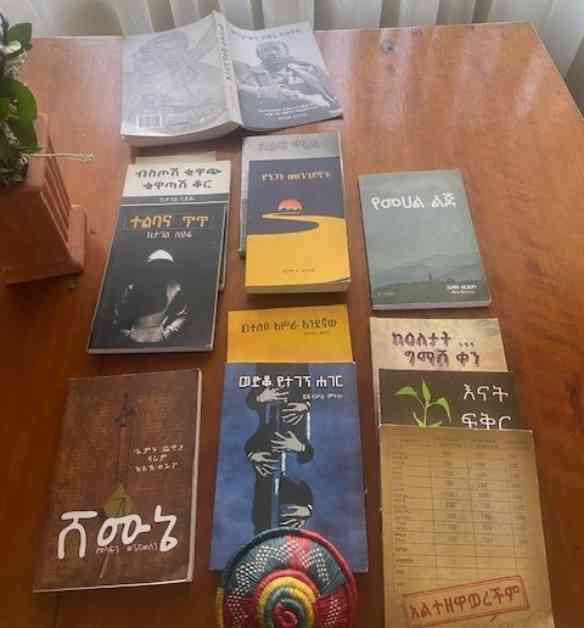I’m currently in the middle of a major organization of my “stuff,” as George Carlin likes to call our things. It looks like I’m getting ready for a major exile or as if someone told me I’m about to kick the bucket real soon.
The biggest headache I’ve encountered in this process is figuring out what to do with my books. My books were the only “property” I owned that was actually worth something. While people come back from abroad and build houses or buy cars, I came back with books.
My books have been the only constant in my life when everything else seemed to be falling apart. I’ve often prioritized them over everyone else and even lost long-time friends over books they never bothered to return. There were times when I chose to buy books instead of paying my rent, and I’ve gone days reading certain books without even eating. I once read “Destiny” in bed for an entire weekend in my campus dorm, not even getting up to wash. I remember nearly collapsing on the steps as I rushed home to return the book to my mother, who had borrowed it from a kiosk bookseller.
Books that I borrowed from others when I couldn’t afford them at the time, I made sure to buy them later and still feel immense joy seeing them on my shelf now. Unforgettable examples include “Shogun,” “Madam Secretary” (Madeleine Albright’s autobiography), and “The Warlord.” I’ve been quite judgmental towards people over books – whether they haven’t read them, didn’t understand them, didn’t like them, or told me silly things like not reading certain types of books or not reading books by Ethiopians.
My books hold some of the most significant shared memories with my parents, grandparents, and siblings. I can narrate the story of the Addis Ababa I grew up in based on the books that were published during that time. Two people who could potentially drive me to commit murder are those who disposed of the books I had entrusted to them for safekeeping.
At times, I find myself gazing at my books for hours, touching the covers, and simply sitting there reminiscing about where I bought them and where I was when I read them. This is precisely why I keep my books in my bedroom. I fail to comprehend the philosophy that advises against keeping clutter in the bedroom. Books are not clutter; they are mementos of your life, your travels, your good and bad memories, your appreciation for where you are, and your sanctuary from life’s troubles.
Recently, I heard about someone who had to part ways with her books because her house was being demolished. Among all the reasons that evoke sympathy for those who have lost their homes and livelihoods, this one is particularly heart-wrenching.
So, when you’re “organizing” your home for whatever reason, deciding what to do with your books is an extremely difficult task. There are books you give away, books you plan to lock away when you leave, and books you want to take with you wherever you go, hoping they’ll remain safe despite all odds.
I’ve been sorting my books into categories of those I would take with me “to a deserted island,” so to speak. The answer is all of them, but that’s impractical, creating a conundrum.
There are classics that I and many of my peers grew up with, books you read out of obligation, books with special memories, and books given to you as gifts. There are also books you may want to be buried with when you pass away.
As a new graduate journalist, I’m not really sure why all this matters, but it’s been quite a journey organizing my books. It’s a tough decision to make, like selecting your favorite children from a group of kids.
In conclusion, I bid farewell to my books, which have been my companions through thick and thin. Thank you and goodbye.

